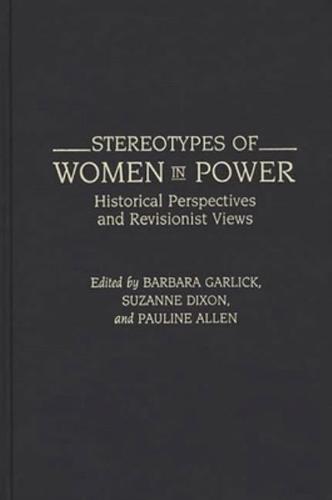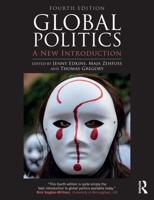Publisher's Synopsis
How have women, at different times and in different places, been perceived when they cross the sharp boundaries between public and private realms? This broad-ranging study, edited by professors Garlick, Dixon, and Allen, points to enduring themes about women who acquire political power and/or become public figures. The assessments describe domineering dowagers, witches, and scheming concubines in various cultures in ancient, medieval, and modern times. Teachers and students interested in feminist theory, in the role of women historically, and in politics and history generally, will find this a useful sourcebook.
This interesting collection demonstrates the continuing ambivalence toward women in positions of power and authority, and shows how women have been limited by gender-coded lines drawn between their roles in the public and private sphere, in the home and the polis. The evaluations by historians, literary critics, and present-day scholars illustrate the views toward women in ancient Egypt, Rome, Byzantium, medieval Iceland, China's Ming Dynasty, Machiavelli's time, the Victorian era, and today. Also covered is the political representation of women in a variety of cultures and historical periods.










